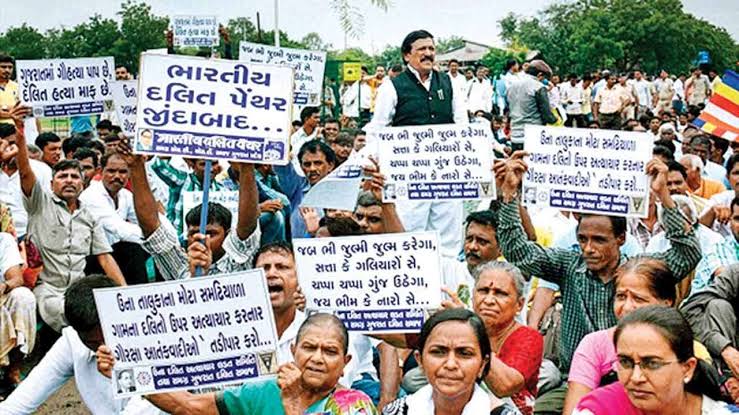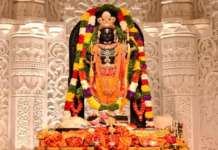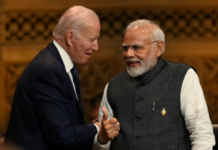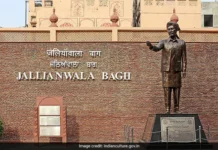AHMEDABAD: Observing that one’s caste doesn’t change on migration within India, the Gujarat High Court has said that a person belonging to a Scheduled Caste or Scheduled Tribe in one state will be covered under the atrocities act even in states where his community is not listed under the categories. The high court made the observations recently, while rejecting anticipatory bail pleas of three people accused of killing a man.
The victim belonged to a Scheduled Tribe in Rajasthan but the community was not listed in the ST category in Gujarat where the offence was committed. “Caste is conferred on a person by birth. It remains with him wherever he goes. The Scheduled Castes and Scheduled Tribes (Prevention of Atrocities) Act does not confer any right or privilege to a person either of Scheduled Caste or Scheduled Tribe, but it confers respect and dignity on them,” Justice Umesh Trivedi noted.
“Though, on migration, a person of that caste cannot claim any right or privilege under the Constitution with respect to education or employment regarding reservation to disadvantage of persons of SC/ST in that migrated state. However, they do not lose their identity of caste,” he said in his order.
The court said the legislature did not restrict the applicability of the atrocities act while enacting it. “Since such downtrodden castes/tribes are subjected to various offences, humiliation and harassment, to prevent that, the act has been introduced in the year 1989.
“If the legislature wanted to restrict the applicability of the offence committed against a person in his state of origin only, it would have made it very clear and loud expressly,” the judge said. The three accused were booked under IPC section 302 (murder) as well as under section 3(2)(v) of the atrocities act as the victim was a tribal. They had moved the high court challenging an order of a sessions court rejecting their anticipatory bail pleas and over the invocation of the atrocities act in the case.
While seeking pre-arrest bail, their lawyer submitted that the deceased, a Scheduled Tribe in his native state Rajasthan, cannot be said to enjoy the same status in Gujarat, where he did not fall in the tribal category. The lawyer also submitted that IPC section 302 did not directly apply to the accused as “the injuries found on the body were not sufficient to cause death”.
Police said the victim, Sumer Singh Meena, had died allegedly after being beaten by the accused following a dispute over a loan he had taken from them. The incident took place near here a few months ago and a case was registered in Ahmedabad district. Section 3(2)(v) of the Atrocities Act is slapped when an offence under the IPC is committed against a person belonging to the SC/ST community which is punishable with imprisonment for a term of 10 years or more. PTI







